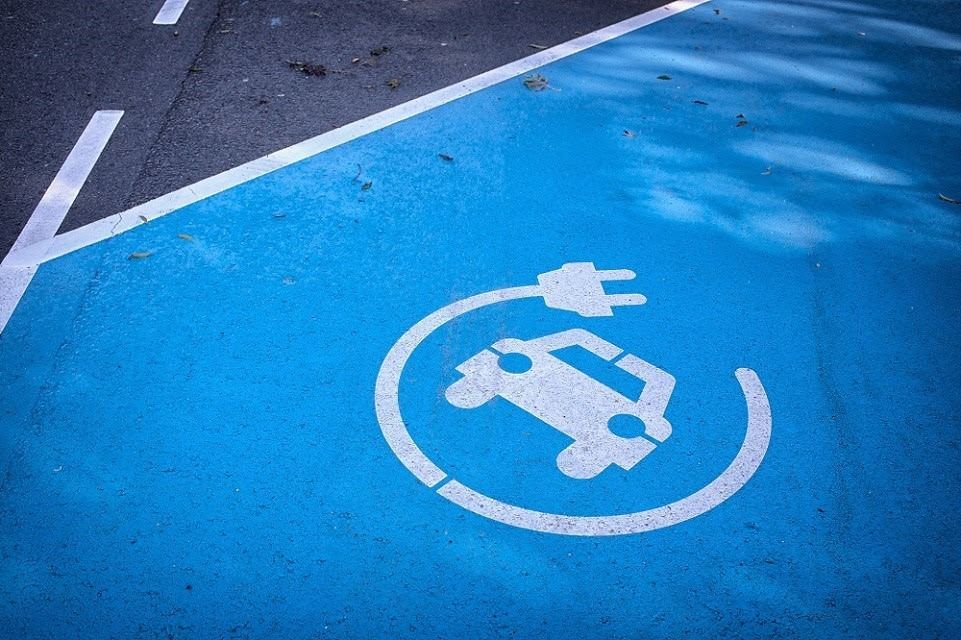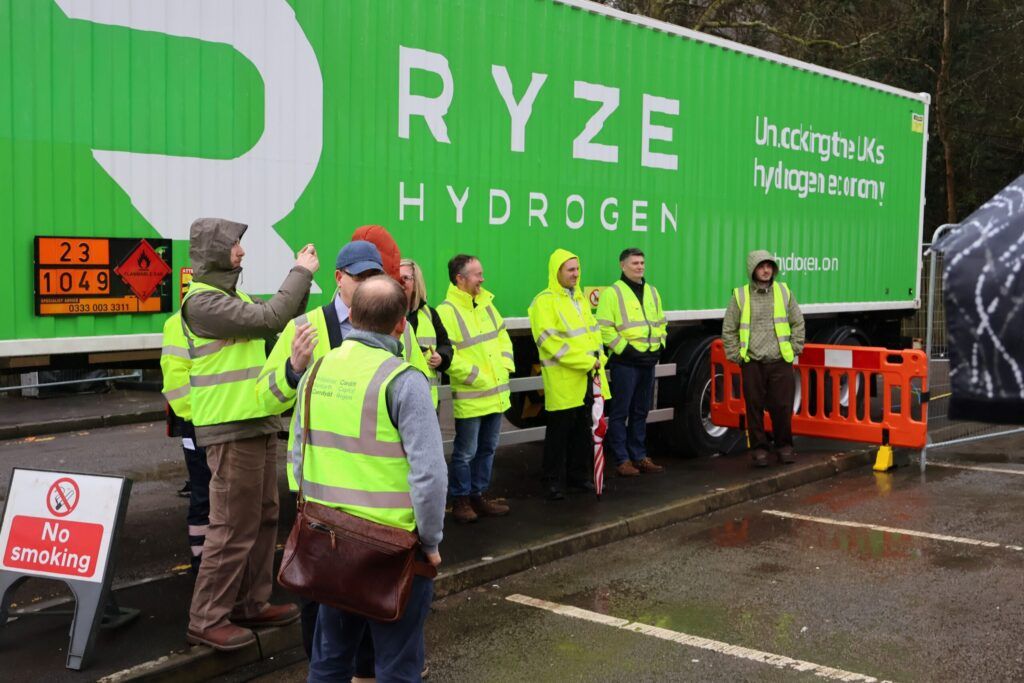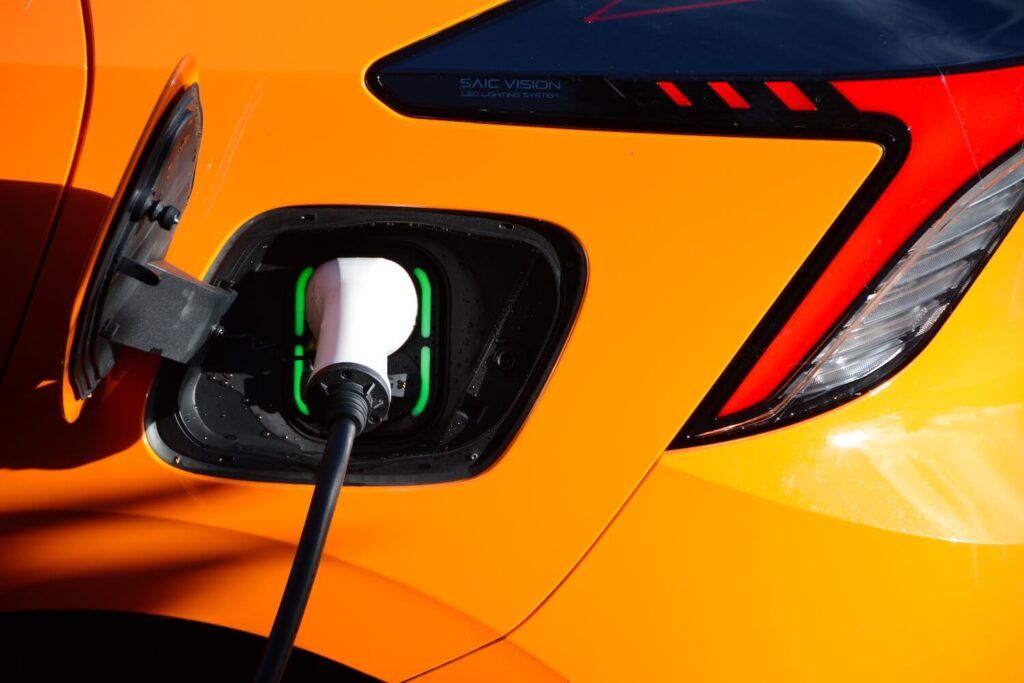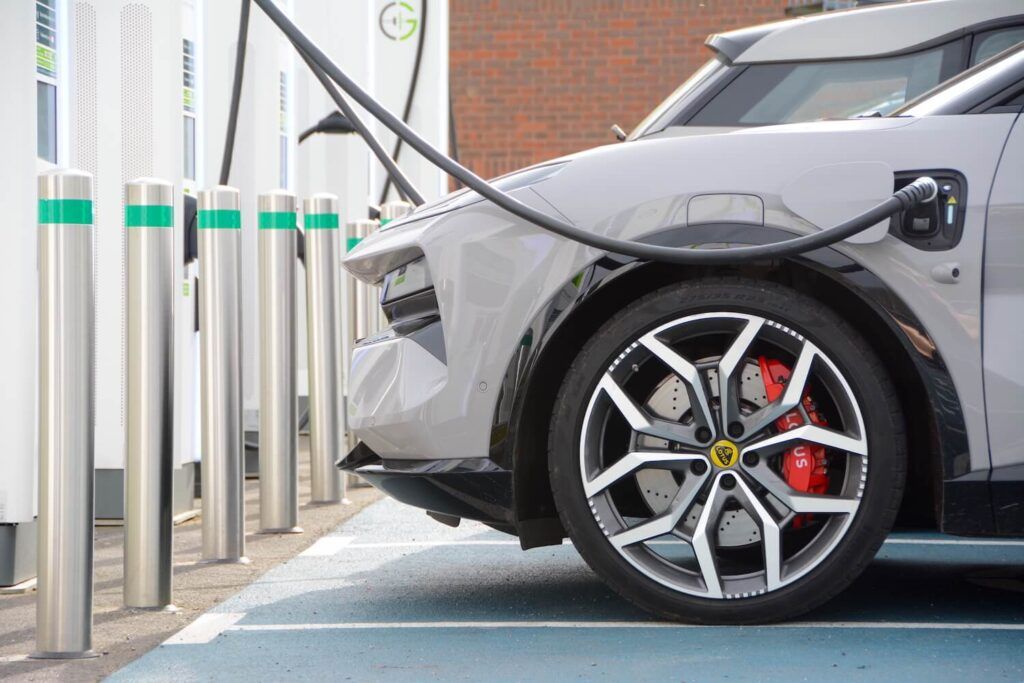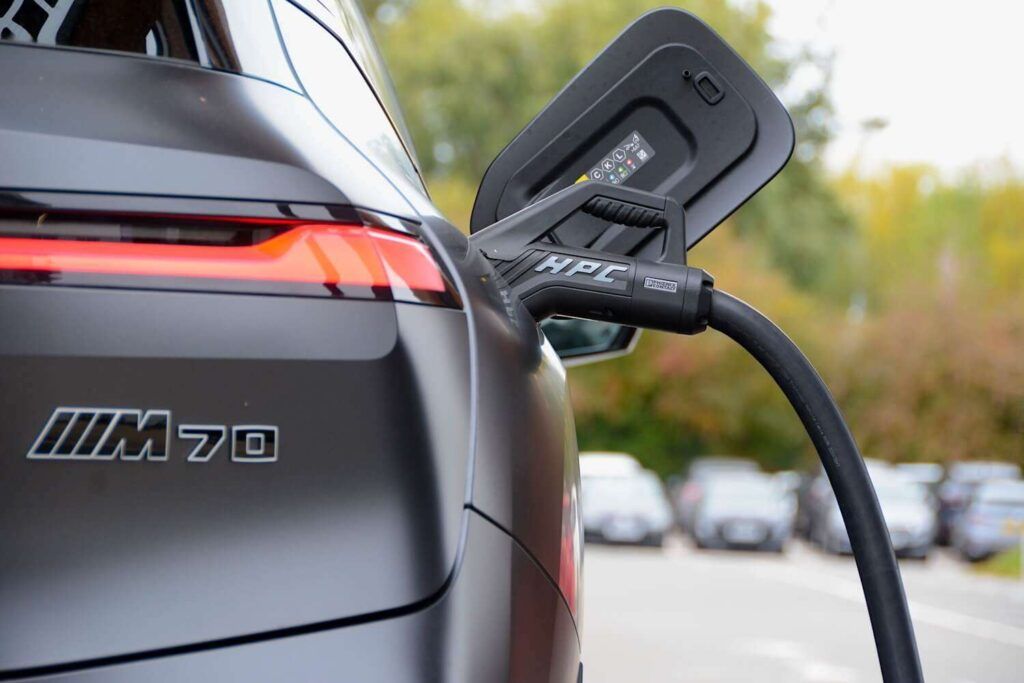National Highways plans to invest in Energy Storage Systems – essentially giant battery packs – for service stations where the grid supply is not enough for rapid charging infrastructure.
The announcement comes following Transport Day at COP26, which focused on the global transition to zero emission transport, an aim of both the government and National Highways.
It’s hoped the move will bring an end to ‘range anxiety’ by improving the network of charge points for EV drivers using England’s motorways and major A-roads.
These rapid chargers are part of Government’s vision for the rapid charge point network in England which set the goal of around 6,000 high powered chargers on the motorway network by 2035.
With the growth in demand for high powered charge points comes pressure to provide the power to supply these, especially at the furthest reaches of the Strategic Road Network (SRN)
Around 20 Energy Storage Systems will temporarily bridge this gap, storing energy in quiet periods to provide rapid high-power charging at busy times, until those motorway services can obtain increased power directly from the grid for rapid charging themselves.
Investing £11 million, National Highways is currently discussing the move with prospective suppliers and plans to install the energy storage systems, which will connect to the motorway services operators’ charge points, within the next two years.
With petrol and diesel vehicles the largest carbon emission contributor on the roads, it’s hoped easier access to increased numbers of high powered charge points will increase driver confidence in electric vehicles on longer journeys, encouraging people to make the switch.
National Highways has previously demonstrated its commitment to electric vehicles but is among a host of measures its taking to improve air quality and tackle carbon emissions from road transport as the UK takes steps to become a zero-carbon economy by 2050.
The company has invested £12.5 million into local authorities to encourage businesses with diesel van fleets to make the switch to electric.
The scheme has been made possible by National Highways’ Designated Funds programme designed to benefit people, the economy and the planet with an overall investment of £936m between 2020 and 2025.
National Highways has also invested in 72 new state-of-the-art Plug-in Hybrid Electric Vehicles (PHEVs) for it traffic officer rapid response fleet.
The new vehicles are set to cut around 250 tonnes of CO2 emissions a year while providing 4×4 capability and supporting a target to clear 86% of motorway incidents within one hour.
The moves are all part of National Highway’s net zero carbon plan, which will see it rapidly cut carbon from road construction, maintenance and operations, and support the transition to zero emission vehicles.
It has already stated sustained action towards decarbonising England’s motorways and A-roads so they can continue to bring significant benefits to motorists, communities and businesses in a net-zero future.
The plan will put roads at the heart of Britain’s net zero future through three key commitments; achieving net zero for its own operations by 2030; delivering net zero road maintenance and construction by 2040; and supporting net zero carbon travel on our roads by 2050.
Malcolm Wilkinson, Head of Energy for National Highways, said: “We are working differently and innovating to support the switch to zero emission journeys.
“Whilst we have limited control over the number of petrol and diesel cars on the network, by supporting the expansion of the rapid charge points network, we hope to increase EV drivers’ confidence for all types of journeys, both long and short.
“These new Energy Storage Systems and the rapid chargers they supply will ensure that motorists are unlikely to be caught without somewhere to charge, which is a fantastic move for drivers and the environment accelerating the speed in which we transition to new electric vehicles.”
Transport Minister Trudy Harrison said: “Our vision is to have one of the best electric vehicle infrastructure networks in the world and we want charging to be quick and easy for all drivers.
“This additional investment will ease drivers’ range anxiety as we continue to power up the green revolution.”
Image: courtesy National Highways




